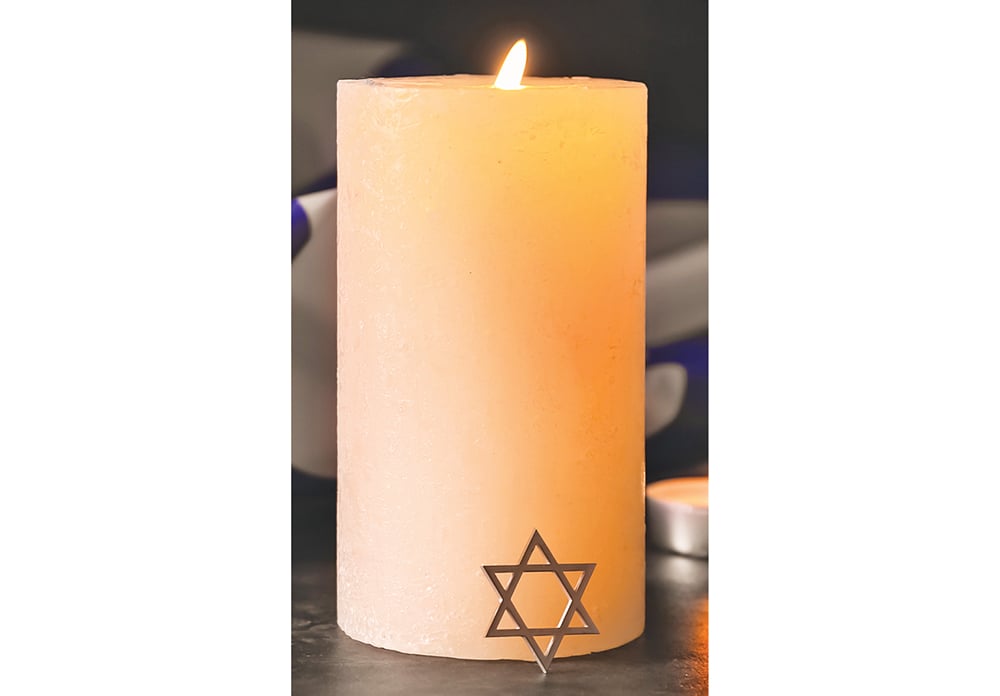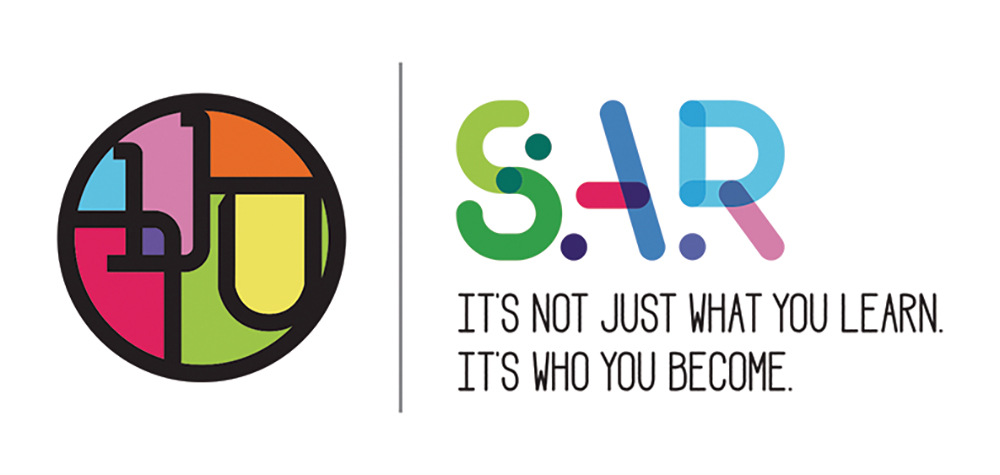Parshat Chayei Sarah is unusual in that it devotes an inordinate amount of space to Avraham’s servant rearticulating to Rivka’s family the instructions he received regarding finding Yitzchak a wife. Even Rashi comments on this by noting that the servant’s conversation is fully recounted while certain essential laws of the Torah are not articulated but only derived through allusions. The haftorah presents a similar situation. Rather than simply tell us that the prophet Natan instructed Batsheva what actions to take, and then relate that she undertook those actions, we are told both the instructions and the subsequent actions. Why this unusual verbosity?
The detailed recitation of the conversations and actions of both Avraham’s servant and Natan and BatSheva serve to illuminate the characters of the Avot and Imahot. The activity inherent in both the parsha and the haftorah, the work by Avraham to find the burial plot, the work by Avraham and his servant to find a wife for Yitzchak, the decisive actions of Rivka and of Natan and Batsheva, serve to provide a potent contrast for the seemingly passive nature of Yitzchak that we will find in next week’s parsha.
Avraham was known for embodying the characteristic of chesed. This characteristic is, of necessity, characterized by activity. Avraham runs about doing chesed. Similarly, Rivka, in displaying chesed by giving water to Avraham’s servant and camels, does so energetically. When we read of Rivka in this week’s parsha and indeed in next week’s, she is the active driving character pushing forward her agenda, be it to be married or to ensure that Yaakov receives the blessing.
In contrast to Avraham and Rivka, we have Yitzchak. Yitzchak embodies the trait of gevura, strength. Superficially it appears that Yitzchak is passive, but in fact, he has an inner strength. Yitzhak has staying power. He may not seek the limelight but when he acts, he acts decisively. Yitzchak is similar to his mother. The Torah does not show us Sarah performing acts of chesed. But when Sarah appears on the scene she appears with the characteristics of strength, determination and clarity.
Yaakov, we are told, represents the trait of tiferet, splendor or beauty. This trait is the combination of chesed and gevura. Yaakov is the synthesis of his forebears. Similarly, each of his primary wives, Rachel and Leah, represent, respectively, the seemingly contrasting characteristics of chesed and gevura. The Avot and Imahot combine to create a perfect balance. They form the Golden Path or Golden Mean of which Rambam speaks. It is this middle path, this blending of chesed and gevura, which diminishes neither, that should serve as our guide for fulfilling the mission that was Sarah’s life’s work.
Sarah’s life goal was to perpetuate the mission that she and her husband undertook. This could only be accomplished by obtaining an heir. Only if that heir, in turn, had children and grandchildren would Sarah’s life not be in vain. Thus, a parsha focused on finding a wife for Yitzchak is appropriately named Chayei Sarah. Her life would have meant nothing if her child remained unmarried and childless, or if he was married to one who was not in tune with the spirit of Avraham. In such a situation, all that Sarah and her husband believed in and worked for would have come to naught. Sarah’s desire is not simply to know Hashem and to be a mother. Rather, her goal was to be the mother of a people that knows Hashem and, in turn, spreads that knowledge throughout the world. Sarah realized that the future of Hashem’s people is forged not primarily in shuls and schools, but in the home. As long as we follow in our Mother Sarah’s footsteps and build strong home lives manifesting a dedication to Hashem, then Sarah lives. Then also each Jewish child reared in such a home, and goes on to create such a home of their own, can be considered to be living the life of Sarah.
William S.J. Fraenkel received a Bachelors of Arts in Religion and a law degree from NYU and served as a Board member and officer of several orthodox shuls. The opinions expressed in this dvar Torah are solely his own.










